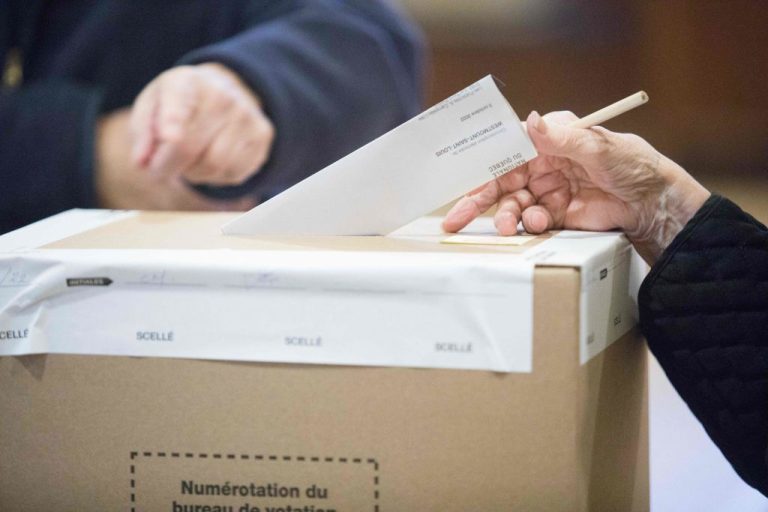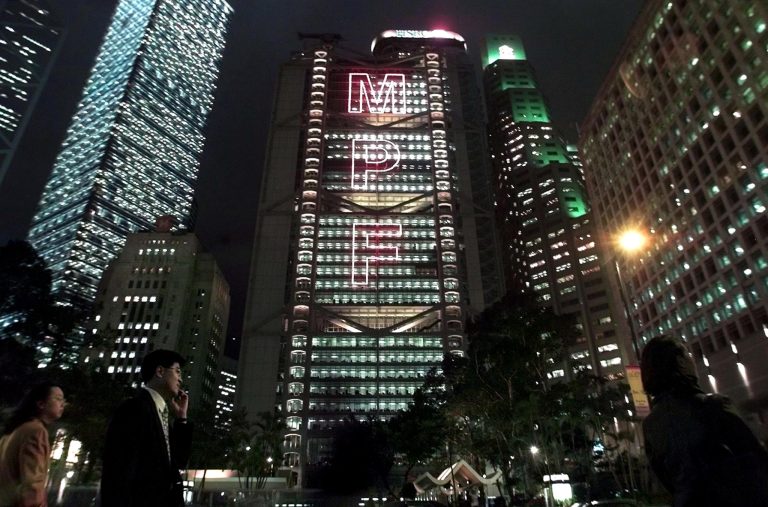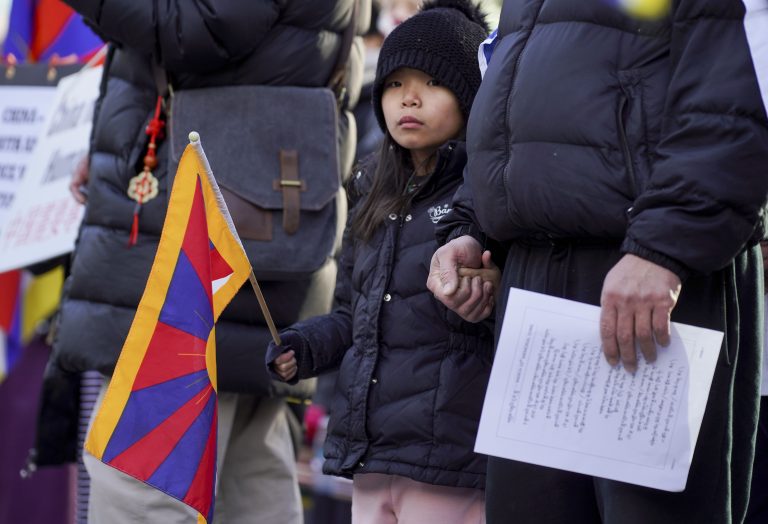Nearly half of Canadians say they desire a federal election next year, according to a new poll, and a slim majority indicate that Prime Minister Justin Trudeau should step down as Liberal leader in the new year.
The Ipsos poll, conducted on behalf of Global News and released on Dec. 26, shows that 49 per cent of Canadians hope for a federal election in 2023, despite the deadline for the federal election is 2025. Trudeau just won a minority government last September in the snap election he called.
Canadians’ desire for an election in 2023 varies from region to region. Those living in Atlantic Canada (63 per cent), Alberta (60 per cent), Saskatchewan (55 per cent), Manitoba (55 per cent), B.C. (53 per cent), and Quebec (60 per cent) show more interest than residents in Ontario (46 per cent), said the poll.
Nationally, only 43 per cent believe that a federal election will take place.
A majority of Canadians (54 per cent) said Trudeau should step down as Liberal leader in 2023 and that the country should have a new prime minister, though just 27 per cent believe he will do so.
Success
You are now signed up for our newsletter
Success
Check your email to complete sign up
According to the poll, the view of Trudeau’s ouster is more widely held by men (58 per cent) than women (49 per cent). Researchers noted a similarity in regional variation, with Alberta (65 per cent) being most likely to hold this position. Atlantic Canada took the second spot at 57 per cent, while Saskatchewan, Manitoba, and Ontario tied at 56 per cent. B.C. followed closely behind at 54 per cent whereas only 43 per cent of Quebecers think Trudeau shouldn’t run in the next election.
Trudeau: ‘No, no, no.’
Last week on Dec. 20, in a year-end interview with a Quebec TV station, Trudeau dismissed the idea that a federal election could take place in 2023.
“No, no, no,” Trudeau told TVA Nouvelles when asked about the possibility of an election next year. “There is too much work to do, and we have a deal with the NDP.”
The deal Trudeau referred to is the “supply and confidence” agreement between the Liberals and NDP, reached this March. As a minority government, the Liberals always have the threat of falling victim to a vote of non-confidence by the rest of the House of Commons, which would trigger another election. A vote of no confidence can arise even when an important piece of legislature such as budget is rejected by the opposing parties.
According to their agreement, the Liberals prioritize and advance social programs sought by the NDP in exchange for its support for the government on confidence votes. The government has promised to consult the NDP on legislation and to make senior civil servants available for briefings on policy and legislation. The NDP have promised to pass the next four Liberal budgets and help defeat non-confidence measures proposed by the other opposition parties. Essentially, the NDP will not move a vote of non-confidence, nor vote for a non-confidence motion during the term of the arrangement. The agreement gives the Liberals a sense of security that they likely won’t face a vote of non-confidence but remain in power until 2025.
“It’s a moment and a way to demonstrate that a progressive government—which wants to fight against climate change, move forward on reconciliation, ensure that we create economic growth which benefits everyone—can deliver,” Trudeau said in the interview.
Approval Rating
The approval rating for Trudeau (45 per cent) is higher than that of Conservative Leader Pierre Poilievre (41 per cent), according to the poll.
NDP Leader Jagmeet Singh received the highest approval rating at 53 per cent, the only party leader that has got the approval of a majority of Canadians.
Yves-François Blanchet, leader of the Bloc Québécois, had the approval of 43 per cent of Quebecers. Elizabeth May, leader of the Green Party, had an approval rating of 39 per cent. Approval for People’s Party Leader Maxime Bernier was 26 per cent.
The result of approval rating seems to suggest that if there is the potential for an election to be held in 2023, these leaders, except Singh, will want to work on their popularity.
However, popularity doesn’t necessarily mean more votes, according to Ipsos CEO Darrell Bricker.
“As we’ve seen in elections past with NDP leaders, they tend to do well in the polls and they don’t do so well on Election Day,” Bricker said. “So even though they might like him a little bit, they’re not necessarily prepared to vote for him unless something changes,” Derrell said in an interview with Global News.
The Ipsos survey was conducted based on a sample of 1,004 Canadians aged 18 and over Dec. 14–16. It is considered accurate within plus or minus 3.5 percentage points 19 times out of 20.







